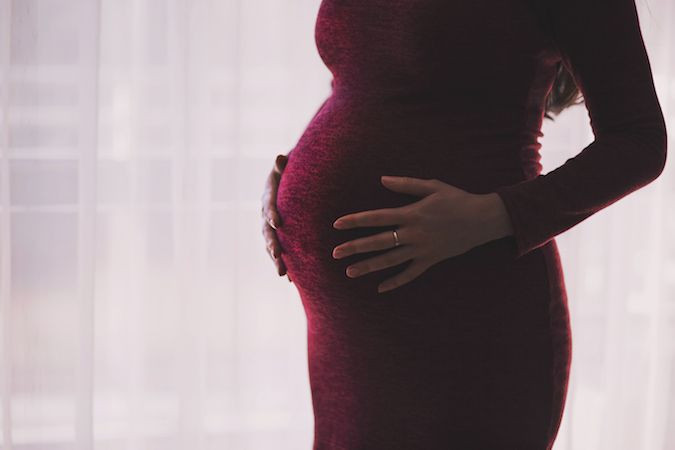5 Science-Backed Tips For Coping With Morning Sickness

Even if you’ve never been pregnant, you probably know how bad morning sickness can be, and how difficult it can make life for expectant mothers. A new review of the literature published in JAMA has shed light on the most efficient ways to treat the nausea and vomiting associated with the condition.
According to Live Science, upwards of 80 percent of pregnant women experience morning sickness. Currently, there are are no drugs approved by the Food and Drug Administration to specifically treat this condition, but certain remedies have a reputation for being helpful. After looking at studies on five of these remedies, here’s what researchers found:
GINGER
Researchers found that 17 studies showed ginger working to effectively treat mild morning sickness symptoms. The amount ingested and in what form it's taken — powdered fresh root, tablets, capsules or syrup — will not alter its remedial qualities. Additionally, the American College of Obstetricians and Gynecologists has given ginger the OK for milder cases, Live Science reported.
ACUPUNCTURE
Several studies found that applying pressure to a specific point on the wrist offered significant relief from morning sickness symptoms. So, where’s the magic spot? “Inside of the arm about one-sixth of the distance up from the wrist," Live Science reported.
VITAMIN B6
The researchers looked at 14 randomized clinical trials on vitamin B6 and concluded that it reduced morning-sickness nausea better than a placebo. The vitamin, sometimes called pyridoxine, is also recommended by the ACOG as first-line treatment for mild symptoms.
ANTIHISTAMINES
The examined studies also showed that antihistamines can improve morning sickness, and they are generally more effective when combined with vitamin B6. The researchers found three randomized clinical trials that showed positive results from combining the vitamin with an antihistamine.
PRESCRIPTION DRUGS
Anti-nausea prescription medications appear to treat mild to severe morning sickness, but their safety for the fetus is unclear, Newser reported. These are typically given if other options do not work, ACOG reported.
Source: McParlin C, O’Donnell A, Robson SC, Beyer F, Moloney E, Bryant A, et al. Treatments for Hyperemesis Gravidarum And Nausea And Vomiting During Pregnancy. JAMA. 2016.
Read more:
Good News, Kate Middleton! Anti-Seizure Drug Ends ‘Severe Morning Sickness’



























